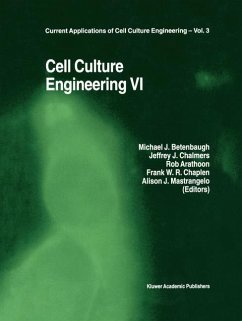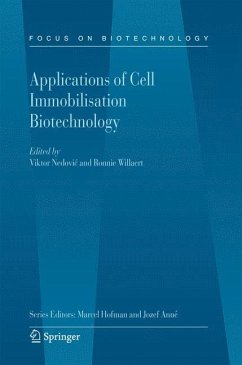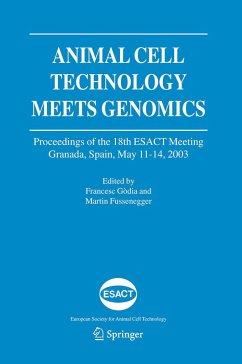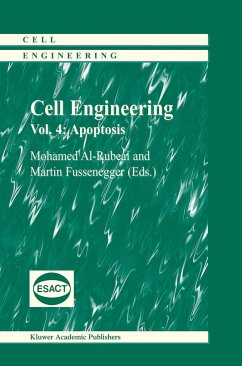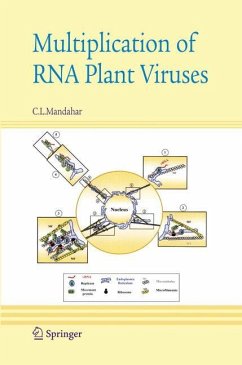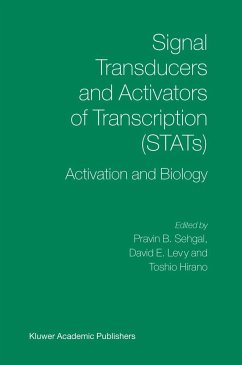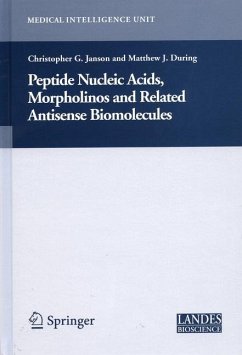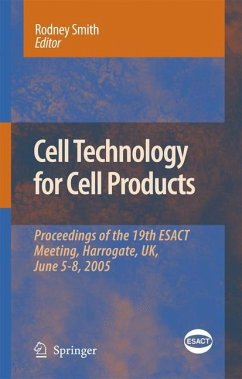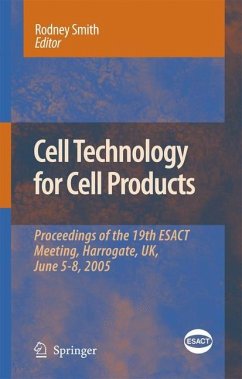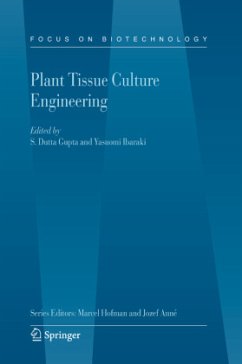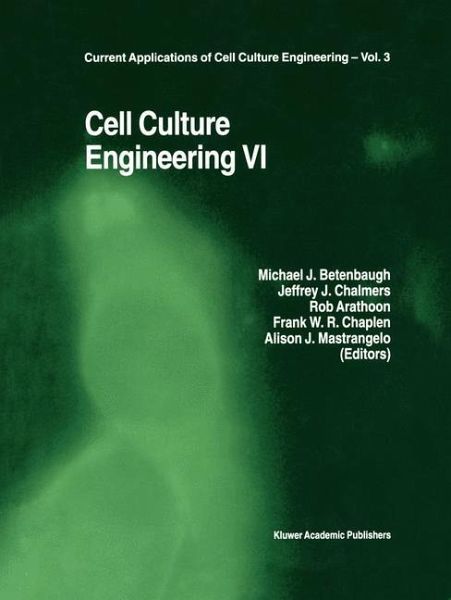
Cell Culture Engineering VI
Versandkostenfrei!
Versandfertig in 1-2 Wochen
115,99 €
inkl. MwSt.

PAYBACK Punkte
58 °P sammeln!
The latest edition in this continuing series includes the newest advances in the rapidly evolving field of animal cell culture, genetic manipulations for heterologous gene expression, cell line enhancements, improved bioreactor designs and separations, gene therapy manufacturing, tissue engineering, anti-apoptosis strategies and cell cycle research. The contents include new research articles as well as critical reviews on emerging topics such as viral and viral-like agent contamination of animal cell culture components. These papers were carefully selected from contributions by leading academi...
The latest edition in this continuing series includes the newest advances in the rapidly evolving field of animal cell culture, genetic manipulations for heterologous gene expression, cell line enhancements, improved bioreactor designs and separations, gene therapy manufacturing, tissue engineering, anti-apoptosis strategies and cell cycle research. The contents include new research articles as well as critical reviews on emerging topics such as viral and viral-like agent contamination of animal cell culture components. These papers were carefully selected from contributions by leading academic and industrial experts in the biotechnology community at the recent Cell Culture Engineering VI Meeting in San Diego, USA, 1998. However, the book is not merely a proceedings.
Audience: Biochemical engineers, cell biologists, biochemists, molecular biologists, immunologists and other disciplines related to cell culture engineering, working in the academic environment and the biotechnology or pharmaceutical industry.
Audience: Biochemical engineers, cell biologists, biochemists, molecular biologists, immunologists and other disciplines related to cell culture engineering, working in the academic environment and the biotechnology or pharmaceutical industry.



